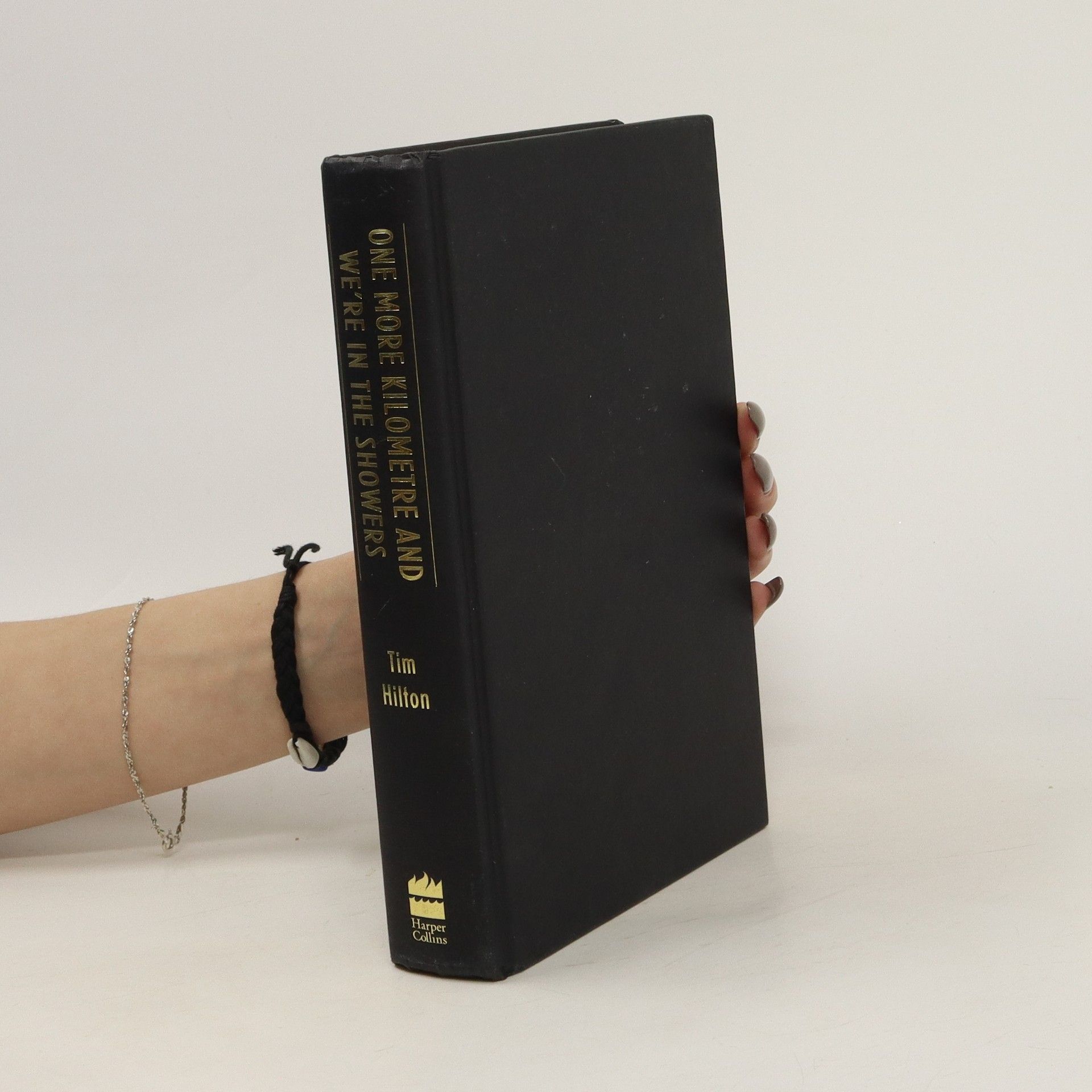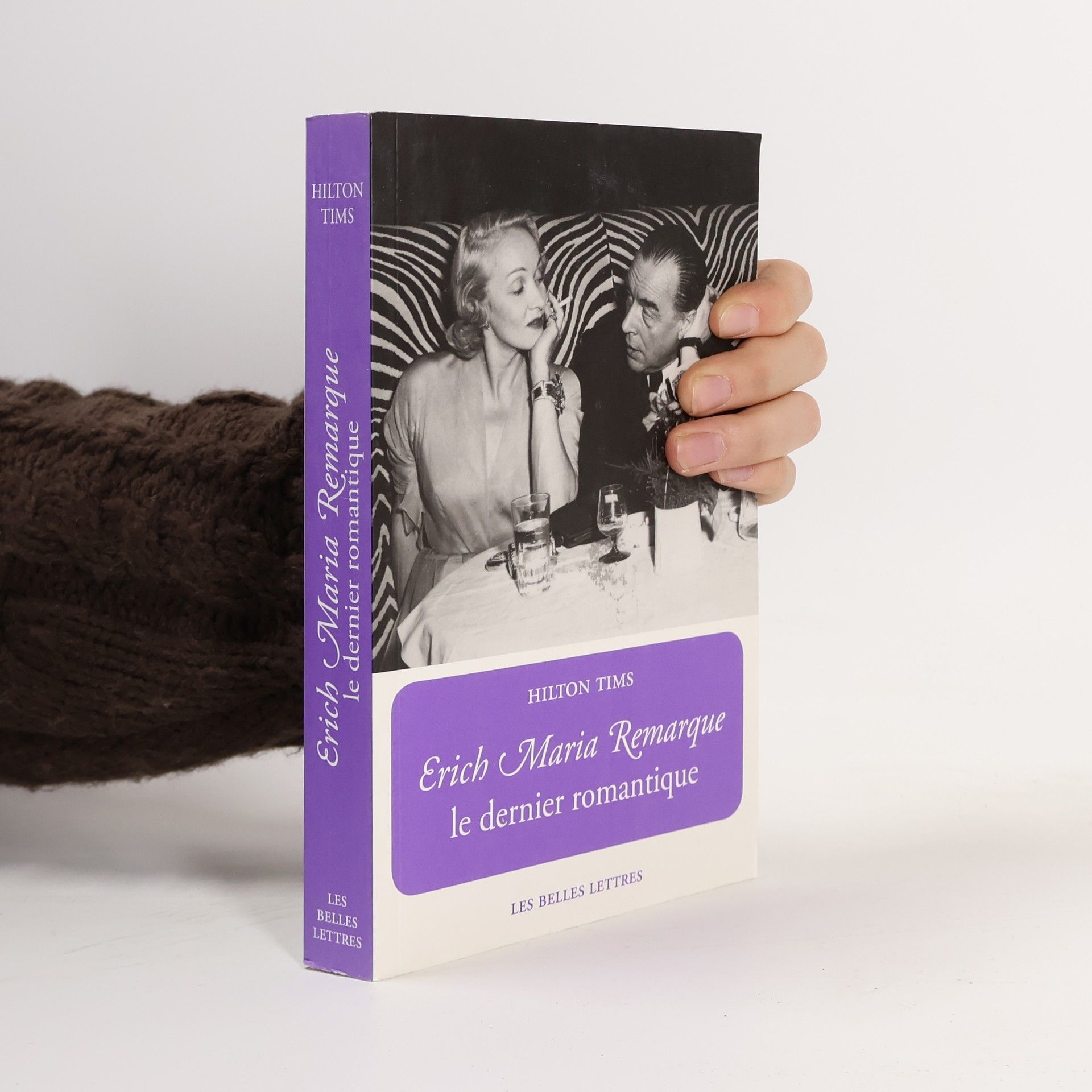Erich Maria Remarque, le dernier romantique
- 230pages
- 9 heures de lecture
This biography is the first French-language account of Erich Maria Remarque (1898-1970), an author who faced intense hatred from nationalists in his homeland and was forced into exile by the Nazis. It chronicles his journey from obscurity to fame, poverty to Hollywood, while highlighting his political activism and complex quest for love. Remarque, best known for "All Quiet on the Western Front," was initially reviled by nationalists and militarists after World War I, and he remained a target of slander for daring to address the plight of his compatriots without sharing their experiences. Despite this, he became one of the most widely read authors of the latter half of the 20th century, with many of his works adapted into memorable Hollywood films. Hilton Tims' biography sheds light on Remarque's remarkable life, revealing how he confronted the dual tragedies of World War I and Nazism. His relationships with iconic women, including Marlene Dietrich, and his struggle with personal demons, such as exile and depression, shaped his existential, political, and ethical consciousness. Remarque's life and work stand as a testament to resistance against ideology and the affirmation of human value. Tims, a British journalist, has also authored historical novels and a biography of Margaret Lockwood.



